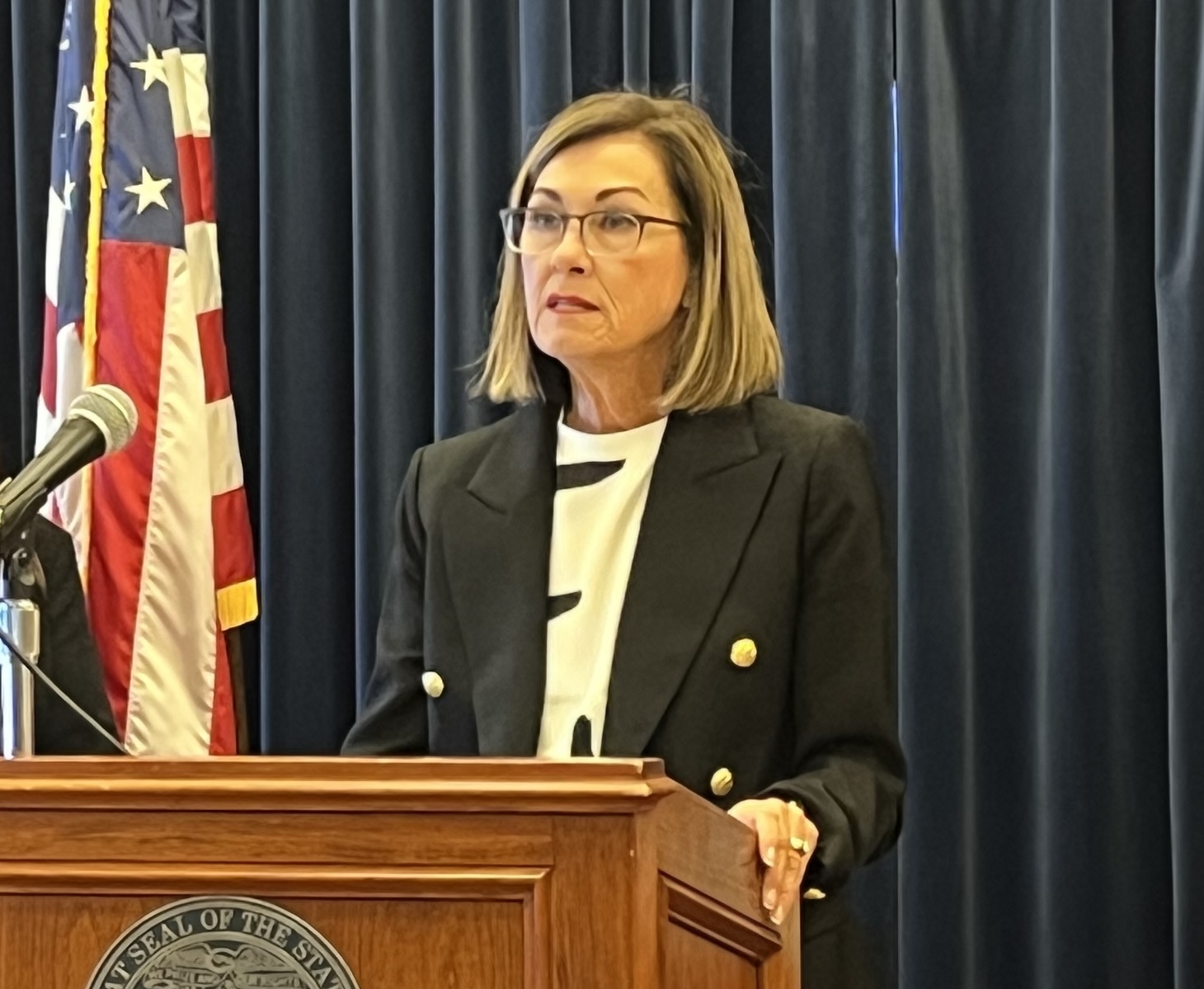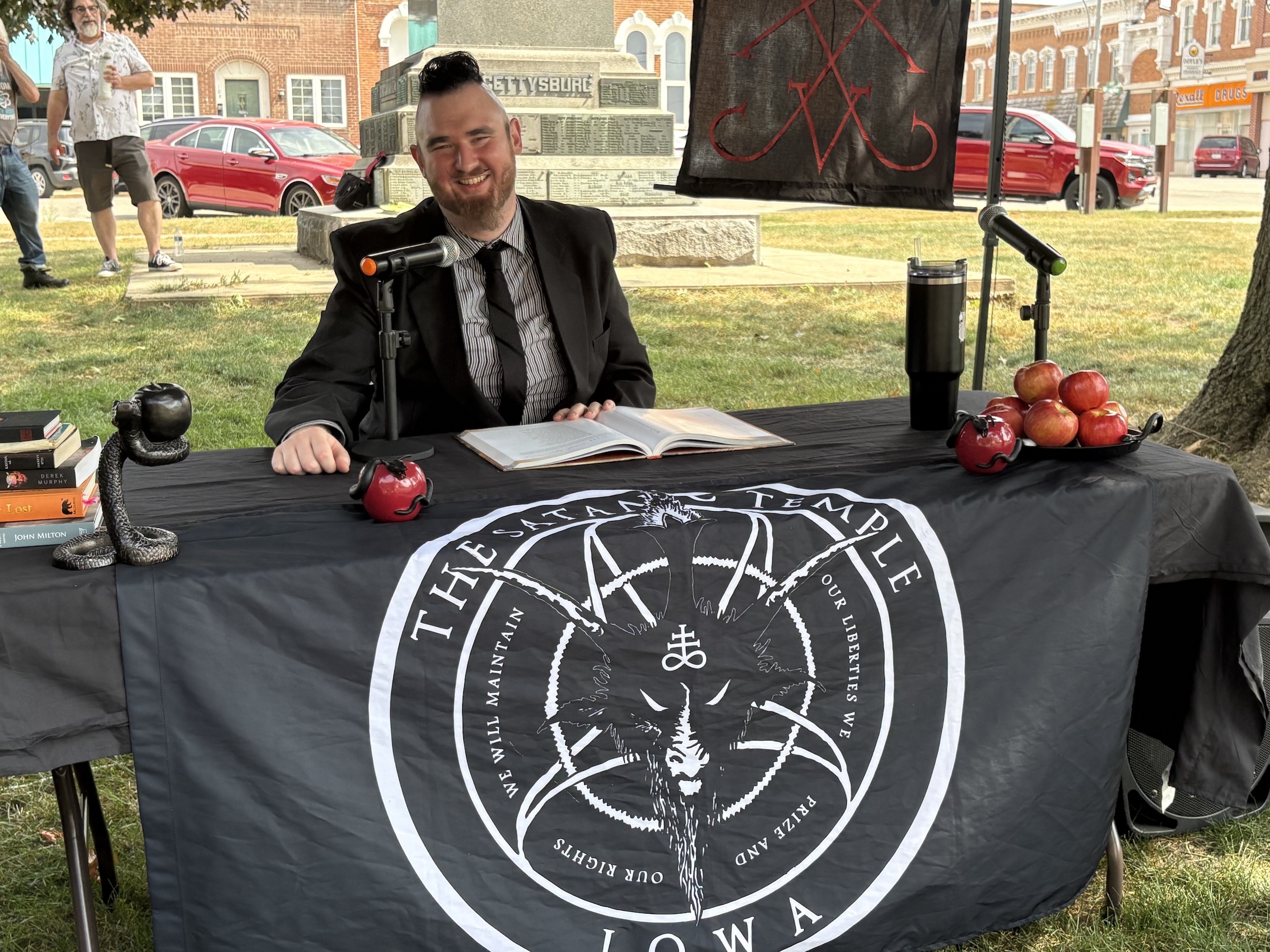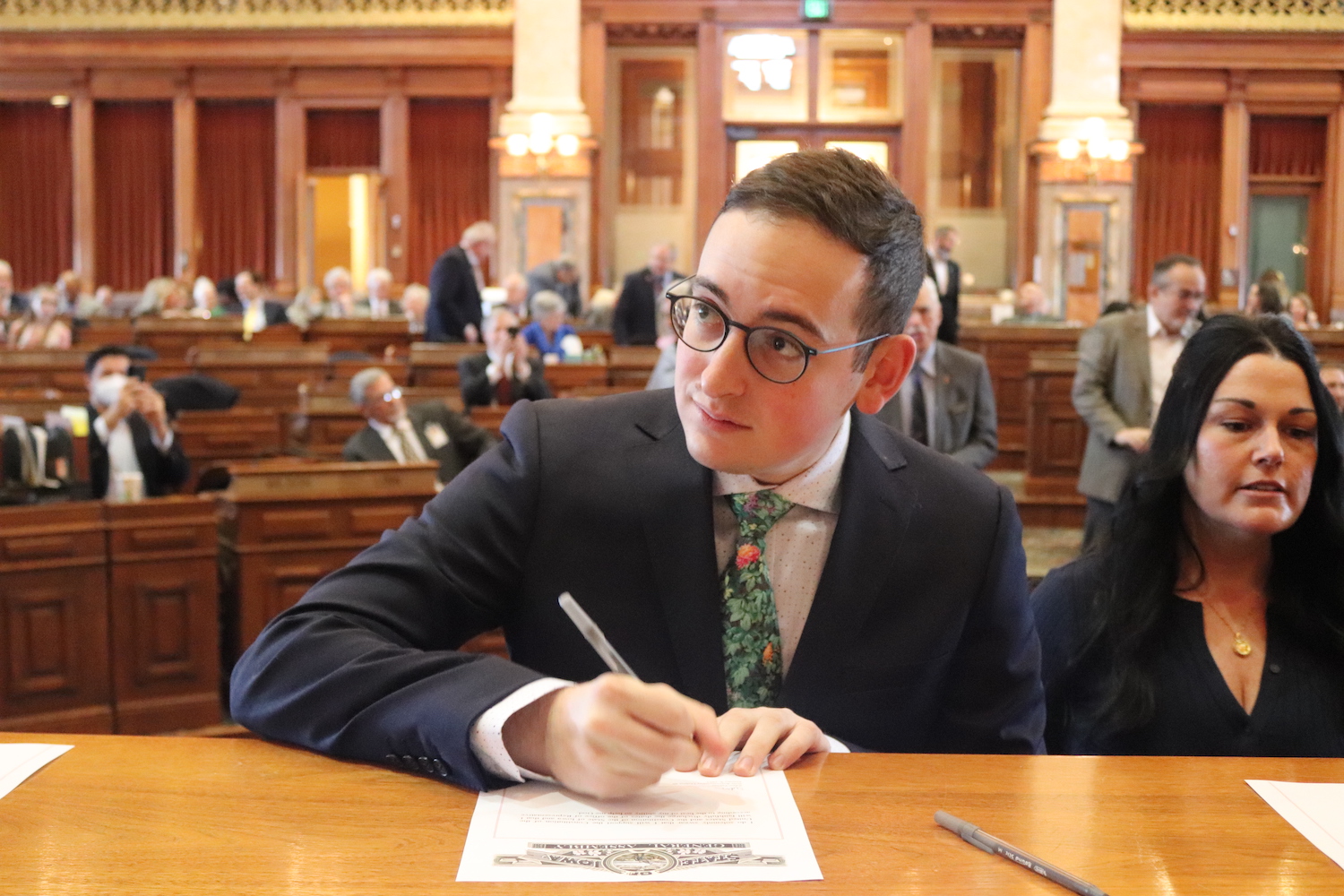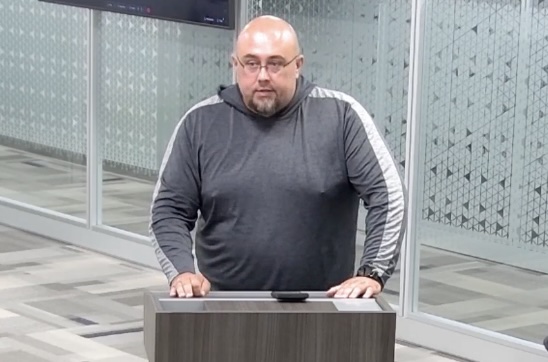Jack Hatch is a former state senator and was an author of every health care reform bill in Iowa from 2003 through 2014.
Health care is not a privilege. It is not a reward for good luck, good jobs, or good timing. It is a basic right. And in Iowa, health care, as an issue, has always been understood best when we remember that simple truth. There is another truth: health care is too expensive, in Iowa and across the U.S.
For decades, our state has shown that when we lead with fairness, openness, and shared responsibility, we can build systems that work. Iowa passed meaningful health care reforms prior to the Affordable Care Act. We created bipartisan commissions to make policy. We listened to consumers, providers and other stakeholders. We debated publicly. And we acted with courage.
That tradition expanded children’s coverage to become the state with the highest percentage per capita for children covered by insurance in the nation as listed by the Kaiser Family Foundation (now known as KFF) in 2013. We led when we modernized health records. We led when we built patient-centered care. We led when we believed that health care reform required public conversation, not private contracts.
Continue Reading...

